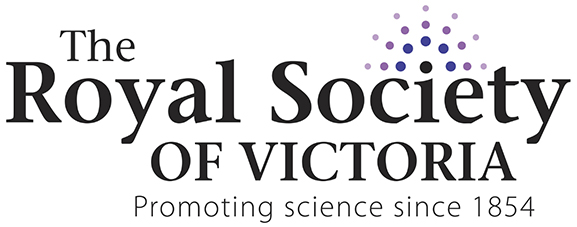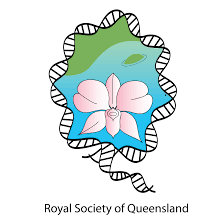The outcome we want is to enable ecosystems to function effectively for their own sake and for human wellbeing in the face of rapid environmental change.
The transition we require can be driven by:
- acceptance of the principle of obligation for custodianship of country (weaving of Aboriginal thinking and non-indigenous thinking and practice in supporting ‘caring for country’ on ethical and pragmatic grounds)
- public money for public goods generated by private action (there are unresolved, but not insurmountable, definitional issues)
- polluter pays (compensating for environmental damage and its consequences, including for public health problems and loss of amenity: already a relatively unimplemented part of some laws, with foreshadowed implications for international trade)
- precautionary decision making to protect from risk (sounds hard, but can be reduced to practical steps, such as basing action on preferred futures, the Aboriginal approach of ‘we are doing it for the next generation’)
- continuous learning and improvement (there are proven systems available now)
- environmental gain test for economic activities (already a relatively unimplemented part of some laws)
- catchment/regional/collaborative perspectives and action (this approach needs revival or refreshment, but does not mean individuals should not act: regional/catchment action plans fostered by government, community driven, expert assisted are needed)
- transition/structural adjustment programs (we need new ones to meet modern needs)
- law reform to entrench these propositions and safeguarding effective functioning of ecosystems and maintaining these matters as the first considerations in private and public decision making (otherwise specific laws and planning/development decisions trump environmental laws every time).






